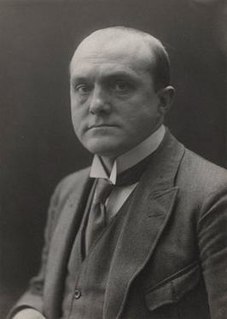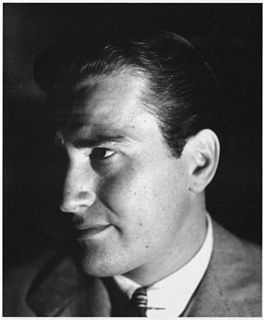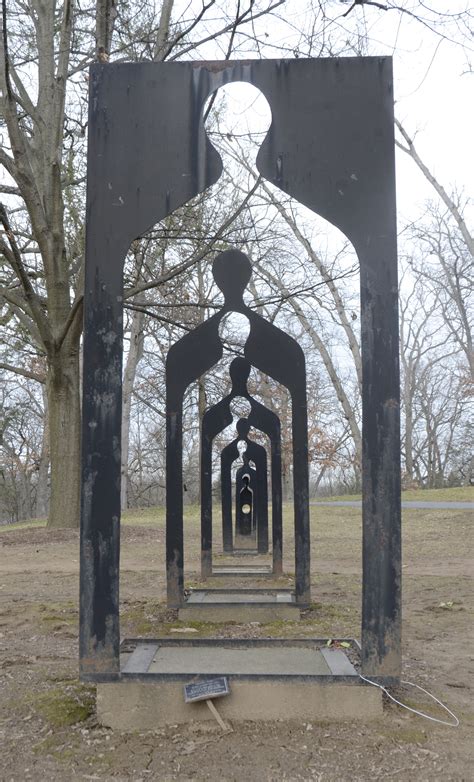A Quote by Alvin Toffler
One of the definitions of sanity is the ability to tell real from unreal. Soon we'll need a new definition.
Related Quotes
Sanity and enlightenment...I've been reading a new book Dogen's Genjo Koan: Three Commentaries, and it contains a commentary on Genjo Koan by Shunryu Suzuki, the author who wrote Zen Mind, Beginners Mind. He doesn't mention sanity at all but I think that one possible definition of enlightenment would be a kind of profound sanity, where being insane is no longer an option.
Now that's a concept that's always fascinated me: the real world. Only a very specific subset of people use the term, have you noticed? To me, it seems self-evident that everyone lives in the real world - we all breathe real oxygen, eat real food, the earth under our feet feels equally solid to all of us. But clearly these people have a far more tightly circumscribed definition of reality, one that I find deeply mysterious, and an almost pathologically intense need to bring others into line with that definition.
Here's a philosophical rule of thumb: always start with the negative definitions. Negative definitions are always easier to understand. So, here's a negative definition. We must not conceive difference in terms of the differences we find between things that already exist. Difference is not empirical differences.
There are several kinds of truths, and it is customary to place in the first order mathematical truths, which are, however, only truths of definition. These definitions rest upon simple, but abstract, suppositions, and all truths in this category are only constructed, but abstract, consequences of these definitions ... Physical truths, to the contrary, are in no way arbitrary, and do not depend on us.


































